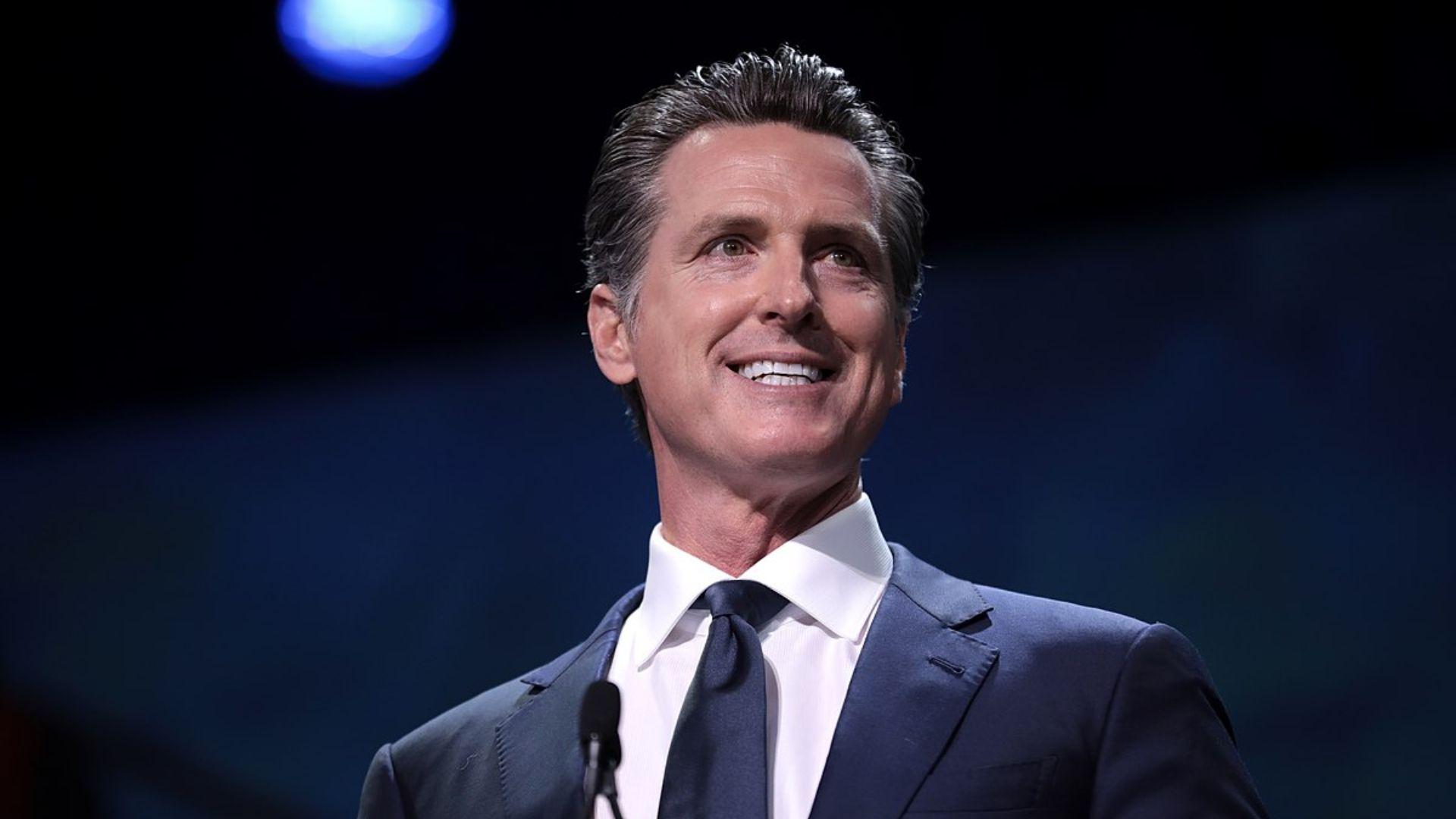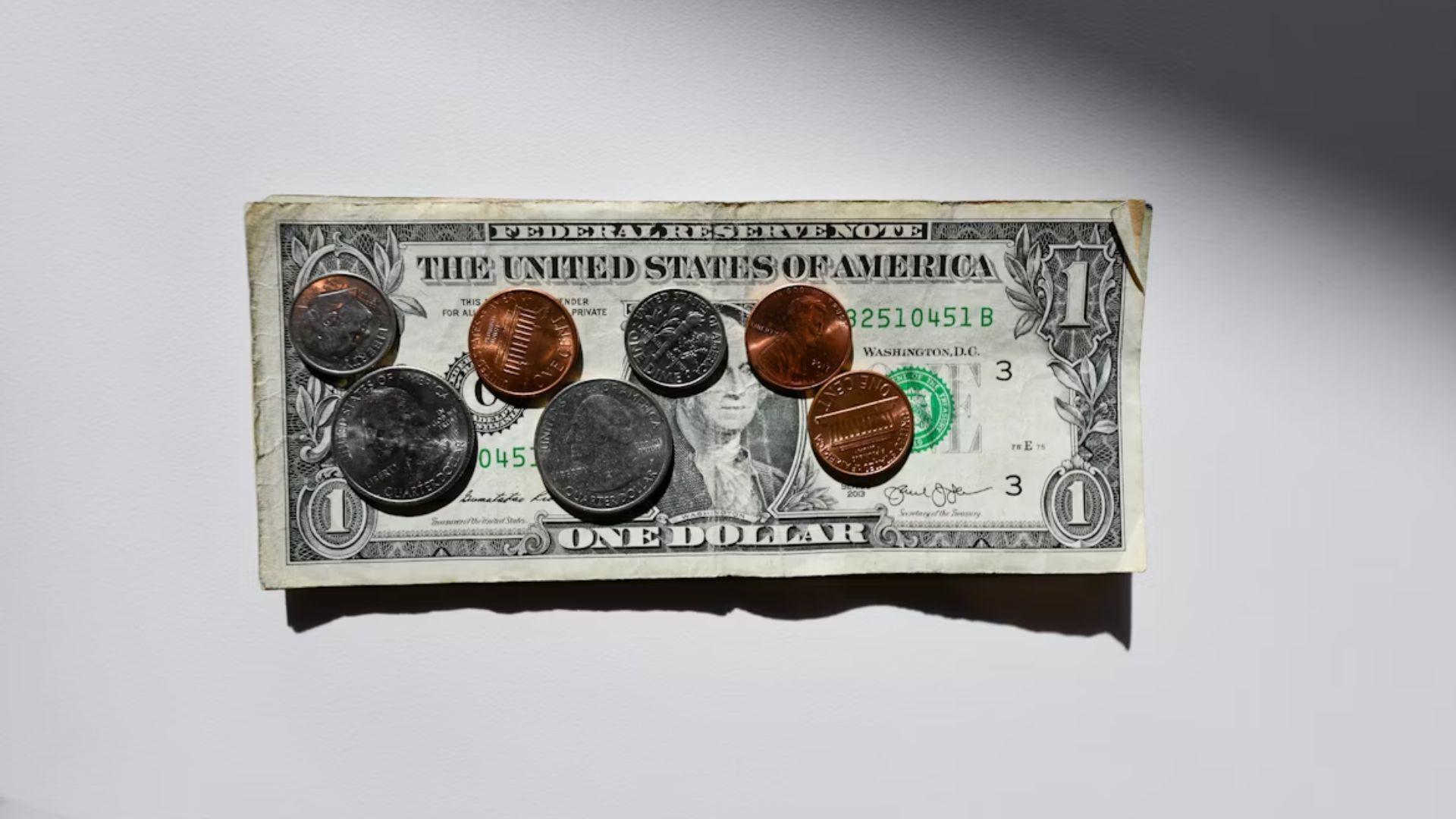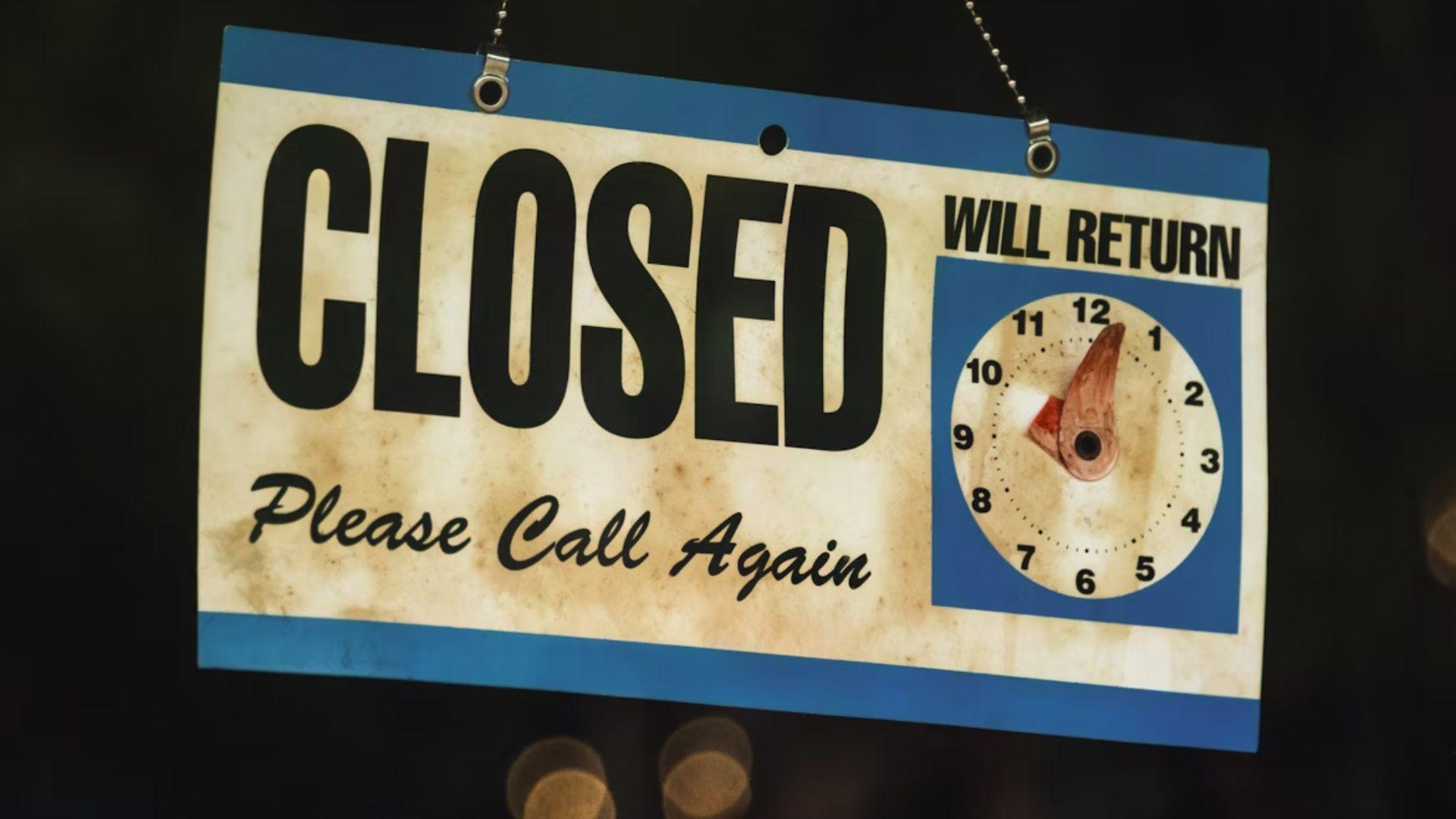Earlier this year, Governor Gavin Newsom (D-CA) signed into law a bill that raised the minimum wage to $20 for many fast-food workers in California. The legislation was lauded by many unions and progressive campaigners, but condemned by some business leaders.
Now a new survey of fast-food employers in the state found that nearly all of them (98%) raised menu prices following the legislation becoming law, while 89% reduced their employees hours.
What You Need To Know About California’s New Minimum Wage Law

Last year, Governor Gavin Newsom (D-CA) signed into law legislation that would increase the minimum wage for some fast-food workers to $20 an hour. This represented a 25% increase from the previous minimum of $16.
The legislation, which represented a major victory for progressive campaigners only impacts chains that have more than 60 locations across the United States.
Newsom Defends Controversial Legislation

“We built this economy by valuing the dignity of work, cherishing family time, and honoring labor unions. You shouldn’t have to be a CEO to live a decent life – and in California, you don’t have to be,” said Governor Newsom.
Newsom added, “We are a state that gives a damn about fast food workers – who are predominantly women – working two and a half jobs to get by. Because of the leadership of California’s Legislature, these hard workers finally got the raise and job security they deserved. And the companies themselves got a more stable workforce.”
Eye-Watering Costs For Business Leaders

98% of employers interviewed for the new study said their restaurant(s) in California reached the criteria to be impacted by the $20 minimum wage increase.
41% of interviewed employers said the minimum wage hike would cost them between $100,000 to $200,000 per restaurant every year, while 33% said it would cost them less than $100,000 per restaurant. 26% said the cost they would face would be over $200,000 per restaurant.
Layoffs Expected Due To Wage Hike

70% of surveyed employers said they had reduced their staff numbers or consolidated positions due to the fast-food wage hike, while 74% said they would have to do as such within the next year because of the legislation.
11% of the employers said the law would actually lead to them increasing their number of staff in the state. However, 75% said it would lead to an overall decrease (50%; somewhat decrease, 25%; significantly decrease).
Full Impact on Prices and Foot Traffic Revealed

Over 99% of employers surveyed said the wage hike would lead them to increase menu prices – while 98% said they had already done so because of the legislation. 92% said they believed these price increases would lead to decreased foot traffic to their restaurants.
Earlier this year, another study showed that businesses impacted by the increased minimum wage have suffered a noticeable fall in customers since April. The study shows McDonald’s foot traffic down by 2.48%, Burger King by 3.86%, and In-N-Out by 2.59%
Business Closures Expected

89% of business leaders said they were less likely to expand within California because of the legislation (73%; significantly less likely, 16%; somewhat less likely).
59% of employers said they would be more likely to expand outside of California because of the wage hike. While, 74% said the likelihood of them closing down restaurants in California because of the law had increased (36%; significantly increased likelihood, 38%; somewhat increased likelihood).
Survey’s Methodology

This survey by the Employment Policies Institute (EPI) was conducted online and completed by 182 restaurant operators in June and July of 2024.
75% of respondents own between one to nine restaurants in California, and a little over half have between 1-99 employees in the Golden State.
Some Good News For Wage Hike Supporters

June statistics from the U.S. Bureau of Labor Statistics found that the fast-food industry has gained over 10,000 workers in California since the implementation of the increased minimum wage.
Harper Johnson, of Killer Startups, suggested job increases “could be attributed to a heightened purchasing power resulting from higher wages, possibly leading to increased demand for fast food.”
More Minimum Wage Hikes Delayed

Previously, California health workers were set to receive a pay hike on July 1st, with their wages gradually increasing to $25 per hour over the course of ten years.
However, due to budgetary concerns, the pay hike has been postponed to October 15th if, and only if, California’s revenue between July and September are 3% higher than what is estimated.


